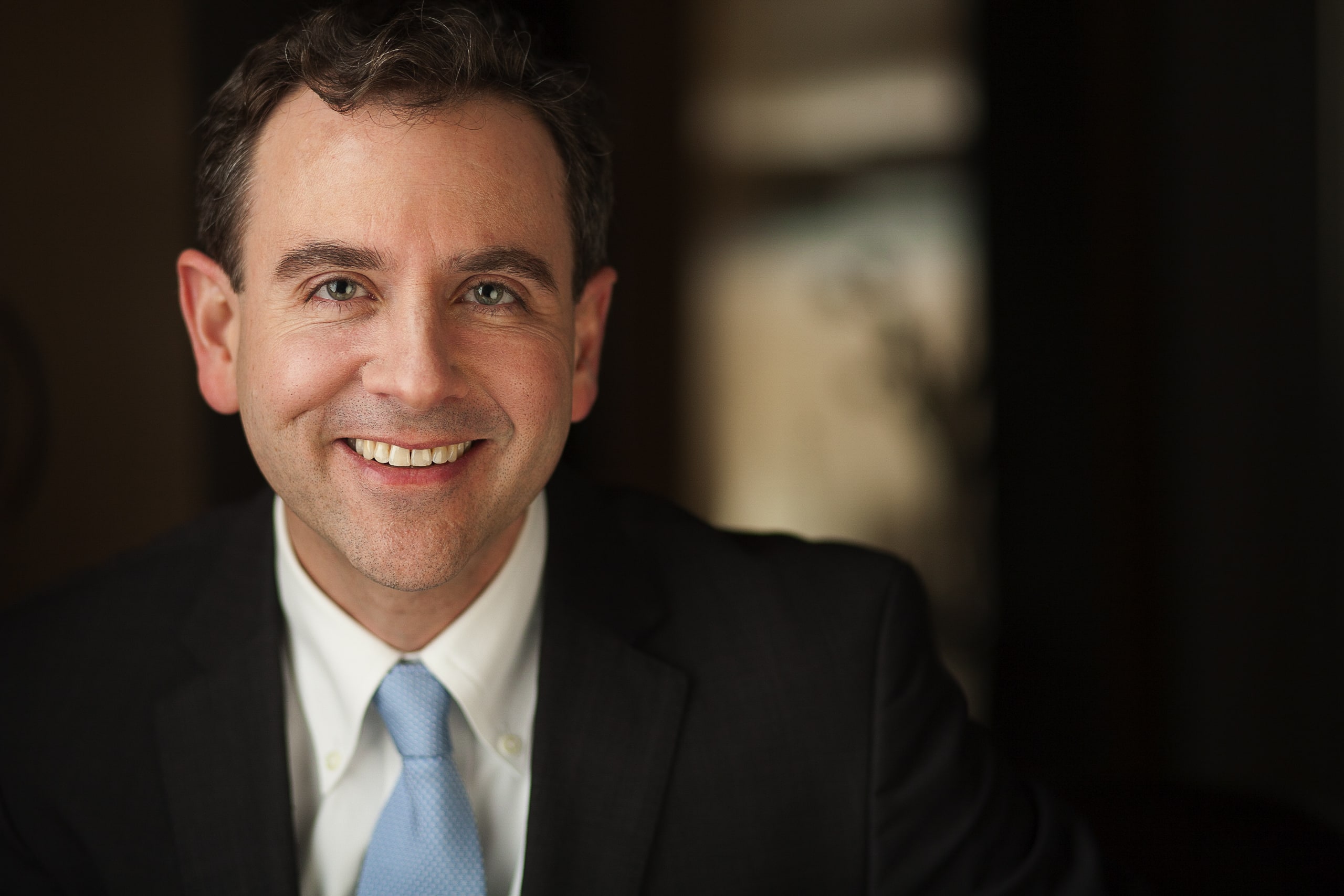
The momentum around food waste reduction continued to build 2017. The high-profile documentary Wasted! debuted, adding celebrity chef voices to the effort. The Natural Resources Defense Council released a pair of comprehensive reports detailing food waste in major US cities. The World Wildlife Fund partnered with the hospitality industry to release the Hotel Kitchen toolkit designed to encourage the measurement of food waste, the establishment of food donation strategies, and the diversion of food waste from landfills.
From the Food Waste Fair in New York City to London Food Tech Week, thought leaders and innovators congregated around the world to discuss and strategize. And even Pope Francis weighed in: “We are called to propose a change in lifestyles, in the use of resources, in production criteria, including consumption that, with regard to food, involves growing losses and waste. We cannot resign ourselves to saying someone else will take care of it.”
Now, looking to build on that momentum in 2018, we’d like to suggest a resolution for anyone concerned with reducing food waste, but particularly the foodservice industry: move from a culture of diverting food waste to one of preventing food waste.
More specifically, we urge organizations in the foodservice industry to continue to move up the EPA’s Food Waste Hierarchy. A decade ago, the cutting edge of food waste prevention was a restaurant starting a composting program (which is just above sending your waste to the landfill on the hierarchy). But foodservice has kept moving its way up: repurposing used fryer oil for fuel, separating excess for animal feed, and setting up donation programs for unused food, which gets the industry almost to the top of the hierarchy.
Prevention is better than cure
In 2018, the foodservice industry needs to get to the top, which means preventing food waste before it happens, not just dealing with it once it’s there.
This is important for many reasons. Since food waste most often happens due to overproduction, reducing that overproduction (and the consequent food waste) is the best way for the industry to see a positive impact on its food budget by reducing waste. If a restaurant stops buying and preparing so much, just so they can throw it away later, they spend less and save money. Pretty simple.
But preventing food waste from happening also means the most damaging environmental impacts of food waste are avoided: the greenhouse gases produced when food waste decomposes don’t happen and the water that’s wasted in producing food that just ends up thrown away is avoided.
Prevention is a big deal. Here’s what we hope foodservice consultants can help their clients do in 2018 to achieve real food waste prevention:
-
Track food waste
Integrated food waste tracking products enable the move to food waste prevention, providing culinary leaders with deep visibility into granular data needed to change operations to prevent food waste at scale. What gets measured gets managed, and you can’t prevent food waste if you don’t know why and where it’s happening.
-
Change the relationship with composting
Composting is better than sending food waste to the landfill. But composting leads to a false sense of sustainability. A 2017 study from Ohio State University showed that people given information about the negative impact of food waste—but told their food waste would be composted—wasted just as much food as people who were given no information about the negative impact of food waste. Composting isn’t a solution to food waste. Prevention is.
-
Educate
In that same 2017 study, a separate group of diners were educated on the negative impact of food waste and were told their wasted food would go to a landfill. This group wasted 77 percent less than a group provided no information. Behavior change is possible if people are equipped with the right information. Don’t be afraid to start a dialogue with customers, let them know that you are making changes to reduce food waste. You might be surprised how receptive they are.
At LeanPath, we’ve seen the power of the combination of powerful technology, data analytics, and inspired culinarians to not only reduce food waste, but to prevent it from recurring. It motivates all of our employees every day. We recognize that few things have the power to unite people more than food, and our resolution is to continue innovating and inspiring others to embrace food waste prevention in 2018 and beyond.
Further details:
With smart scales, big data, and one-on-one coaching, LeanPath equips and inspires foodservice teams to reduce food waste by an average of 50%.
Andrew Shakman is co-founder and CEO of LeanPath
